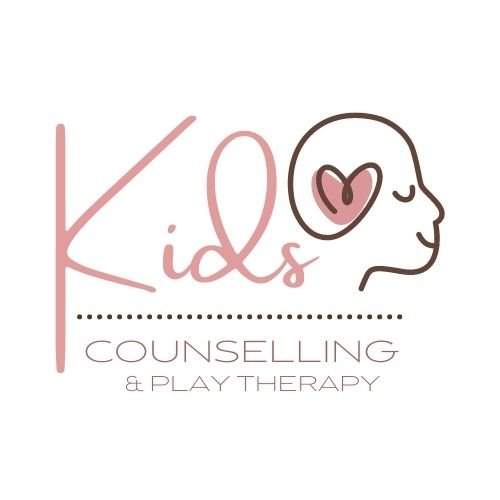
So what is Play Therapy?
As a parent or child guardian, you have probably noticed how your child plays out what they have seen or experienced in real life. Examples of this are play talking on the phone, play care-taking of a baby doll, scribbling on paper pretending to write, playing a character they have seen in a movie, play fighting or drawing people or events that are important to them. These are all examples of your child processing the information they have gathered via their senses of sight, sound, smell, touch and taste.
We easily interpret this play as children making sense of their world and using play to learn, practice skills and develop their understanding of things, people, their identity and relationships. Types of therapy that still aim to engage children in ‘talk therapy’ when we know that children process their experiences of the world through play is outdated and does not get the same outcomes as play therapy because play therapy meets your child where they are developmentally, using how they learn and how they communicate to help them process their experiences.
Children will also play out what is unseen to us but felt by them internally such as their thoughts, feelings and sensations, in the same ways we see them playing out other experiences they are trying to make sense of. Beliefs they have about them self, about others, memories they are ruminating over, feelings they are struggling with are all examples of private experiences they have that they will play out in a safe play space facilitated by a trained therapist. Asking a child to talk about their experience and trying to rationalise with them with words to get them to behave better simply does not work because we are asking them to use the language of words (which is where we are developmentally as adults) to develop and process their ‘big stuff’ when in fact, they use the language of play to process, learn and transform.
Play therapy is the mode of therapy that speaks your child’s language. It incorporates the use of various toys, games, art, sand play and much more for children to tell their stories, process their experiences and learn skills that regulate their emotions, behaviours and improve relationships. Below is a video developed by the Association for Play Therapy based in the U.S. that beautifully explains why play therapy is the most appropriate style of counselling for your child.
Is Play Therapy Right for My Child?
Research demonstrates that play therapy is beneficial for young and old, however, play therapy has been specifically designed for children typically aged 2-12years. We must keep in mind though that children develop at different rates and have different preferences for expressing themselves. For example, a child aged 16years may be developmentally delayed or they may just prefer expressing themselves creatively through art, music and other forms of play as opposed to talking. Therefore, play therapy could still be the most beneficial mode of therapy for children above the age of 12years.
The beautiful thing about play therapy is that it suits children of all ages, stages and cultural backgrounds. Your child does not even need to be verbal or speak the same language to receive the benefits of play therapy because they are not required to use spoken word if they are not able to or are not ready to, they simply need to be able to play.

“IEnter into children’s play and you will find the place where their minds, hearts, and souls meet.”
— Virginia Axline



